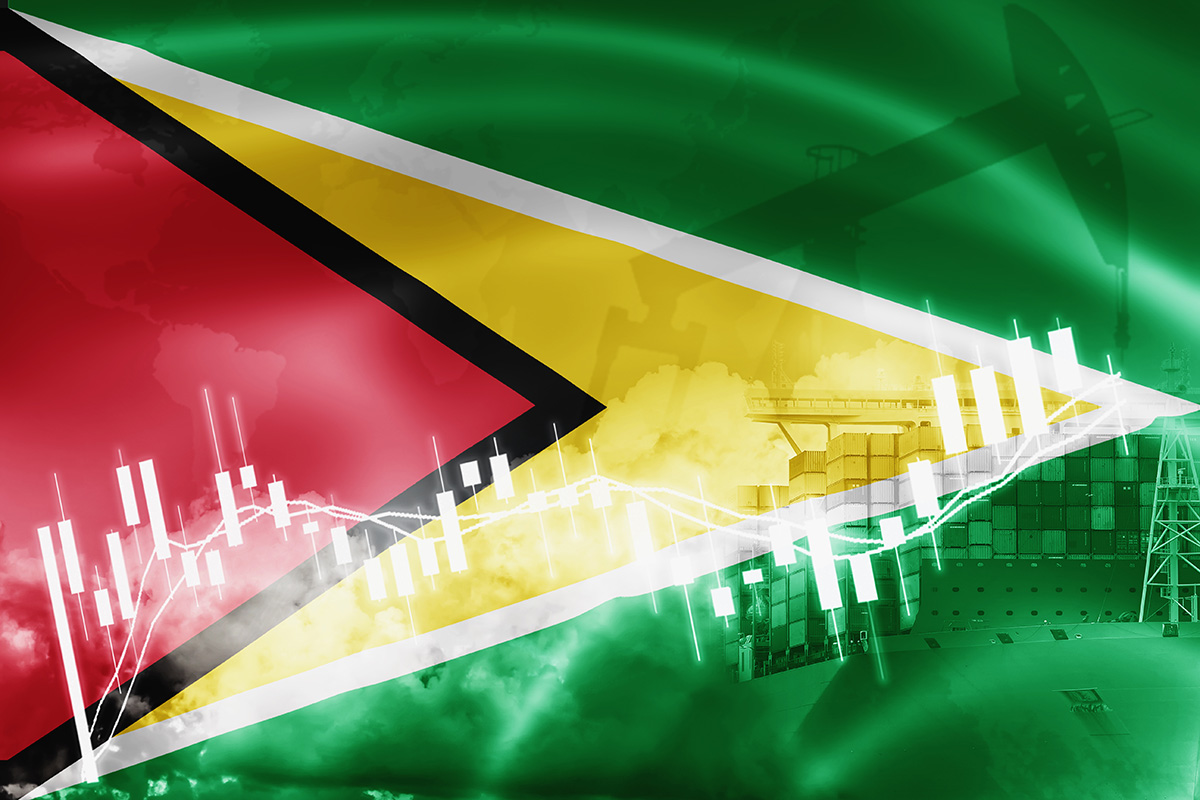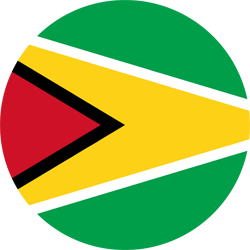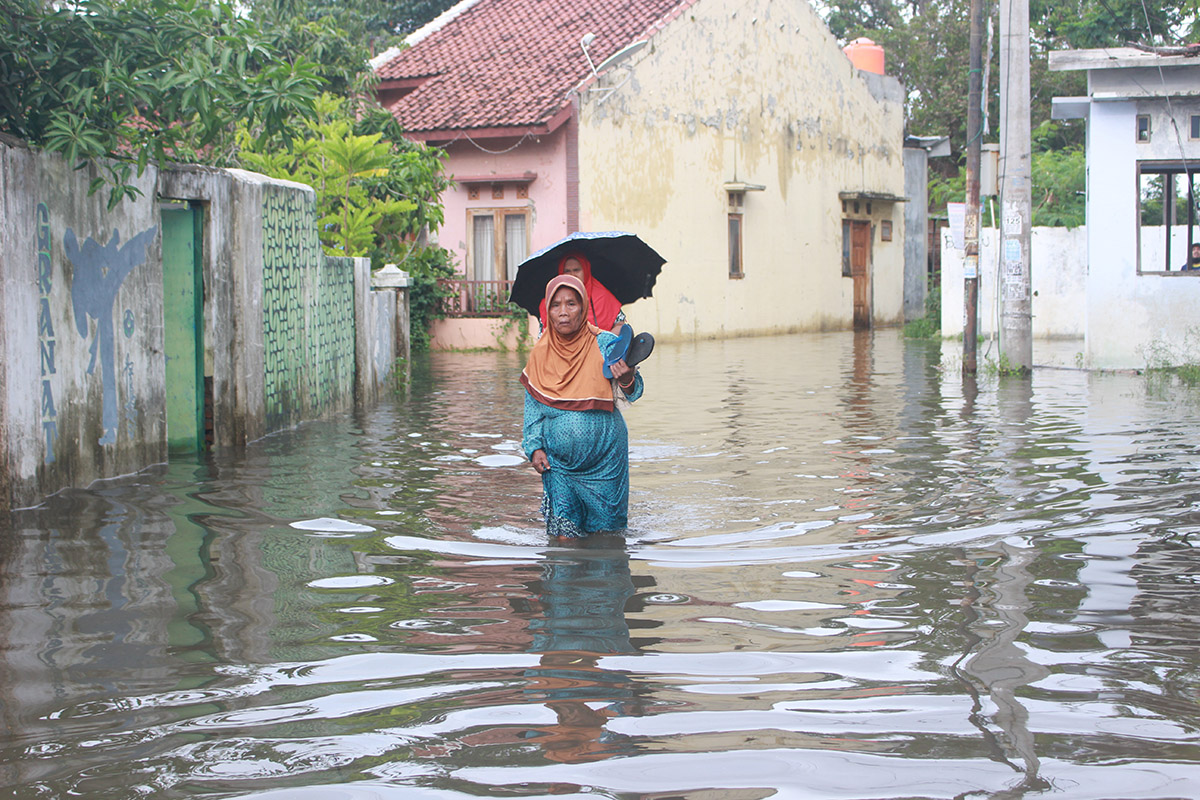Guyana’s Economy and Political Disparities
March 30by Imran Bacchus
Over the years Guyana has struggled to improve the standard and quality of living for its people due to political mismanagement by political parties (Ellington, 2023). Political players have meddled and cavorted with the country’s economy for their own and selfish gain resulting in corruption and lack of development across sectors. The country could have been richer and in a better place years ago, if actions were taken by the government that were in the best interest of the Guyanese people.
Guyana is rich in natural resources (Guyana Business Journal, 2025) yet many of the people live below the poverty line. Sectors such as health and infrastructure throughout the nation could have been developed along with strengthened policies and frameworks to boost the country’s capabilities and make it a regional leader. However, due to the egocentric behaviours by the politicians who play a blame game, the country has been behind for many years.
The government of the day has taken drastic actions to change and transform the country within the past four years. The discovery of oil and gas has played a significant contribution and role in revolutionising and rebuilding the economy into one of the fastest growing economies in the world. Needless to say, the achievements of today, if accomplished years ago, would have placed the country and its people in a better spot, but the fighting, bickering and scampishness of politicians have ruined an economy that could have been thriving beyond the years.
Petroleum production and the sale of crude have paved the way for a new dawn in Guyana. Government has been using the resources to improve transportation infrastructures, enhance education and the health sectors, alleviating poverty (The Business Year, 2024). Politicians have often been accused of filling their own pockets and helping their friends and families. Such accusations are echoed by almost every Guyanese as they believe that the wealth of the country is not trickled down to the average man.
Moreover, political disparities and differences have led to a greater division among the populace, which tends to wreak havoc and create chaos, thereby fueling an already existing problem of racism (Bahadoor, 2023; Mao, 2023)). On the other hand, the transformation and development over the past couple of years in the country makes it almost unrecognisable with areas booming and flourishing (Busch, 2024). Can the country maintain this growth and progress, especially since elections will be held later this year?
Further, misinformation and social media have led to immense aggravation of the issues that currently exist. Persons have been using their online platforms to call the government out on their behaviours and actions as it pertains to accountability, spending, use of the Natural Resource Fund (NRF) and their decisions on policies. However, such persons have also come under severe criticism from others who share different views across the spectrum. With Guyana gaining the traction and attention of the world, it is believed that all eyes will be on the upcoming elections. Should there be any mayhem during the election period, there could be significant implications on the country’s petroleum industry and its steadfast advancement as one recollects on the March 2020 elections (Mao, 2023; Kurmanaev, 2020). Therefore, will the election be different this year? Will both the opposition and the government sustain a level of integrity and transparency in the voting process? 2025 will be an extraordinary year for Guyanese as remarkable transformation has occurred over the past five years under the Ali Administration but optimism remains high for a second-term (Sweigart, 2025).






